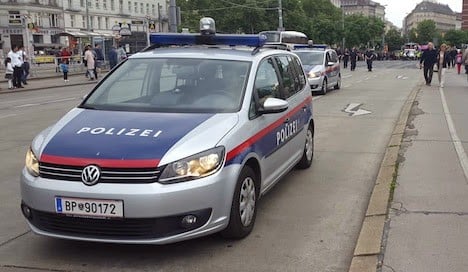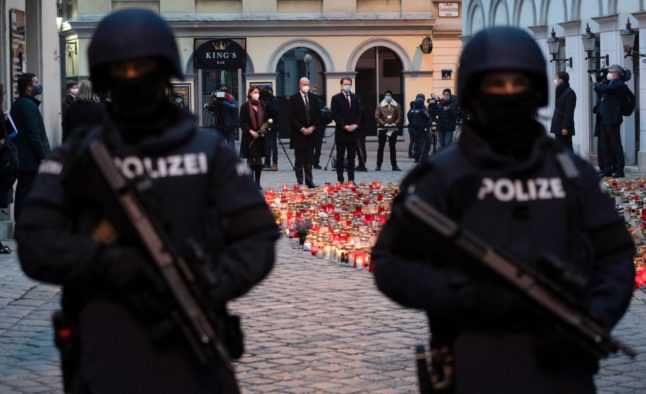In addition, the time for the supposed attacks – Thursday morning – mentioned in the message “has now passed”, interior ministry spokesman Karl-Heinz Grundboeck told AFP.
He confirmed a report by The Die Presse daily on its website that the email had, in bad English, made specific mention of Islamic extremists being behind the threats.
“In the morning of August 4, 2016 Austrian security authorities received by email terror threats against police stations in several (Austrian) states,” the interior ministry said.
“Investigations… are taking place. The necessary security measures were increased in a targeted manner. The Austrian security authorities currently see no need to panic,” a statement said.
It added that the email, sent to several police stations, came from an encrypted email address that has been used “several times in the past” for previous threats, without giving further details.
Europe, including Austria, is on high alert after a number of attacks in recent weeks in France and Germany claimed by the extremist Islamic State (IS) group.
Austria has so far not seen any such attacks. The DerStandard newspaper reported on Thursday however that 59 “terror-related” arrests have been made in the country since the start of 2015.



 Please whitelist us to continue reading.
Please whitelist us to continue reading.